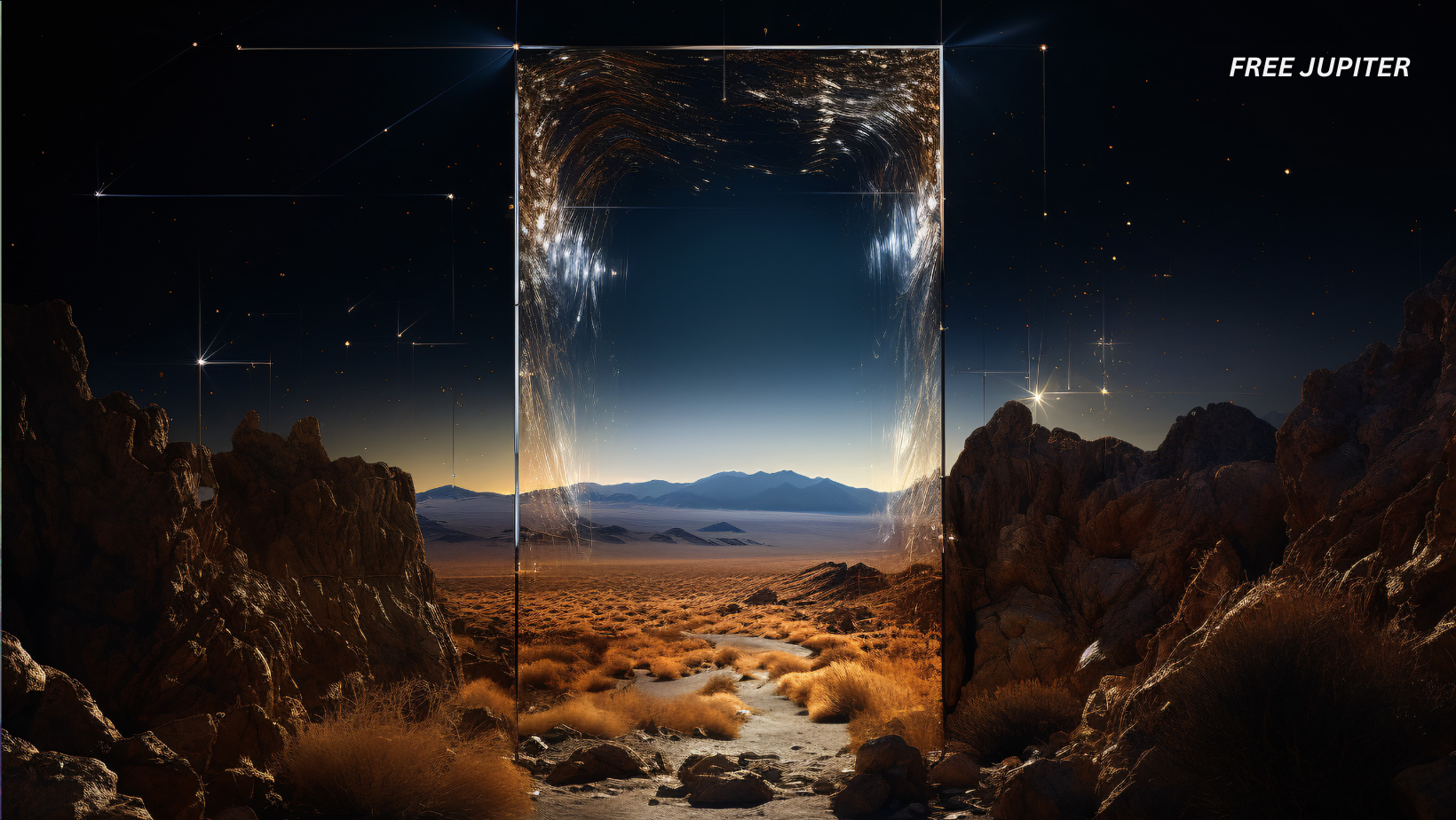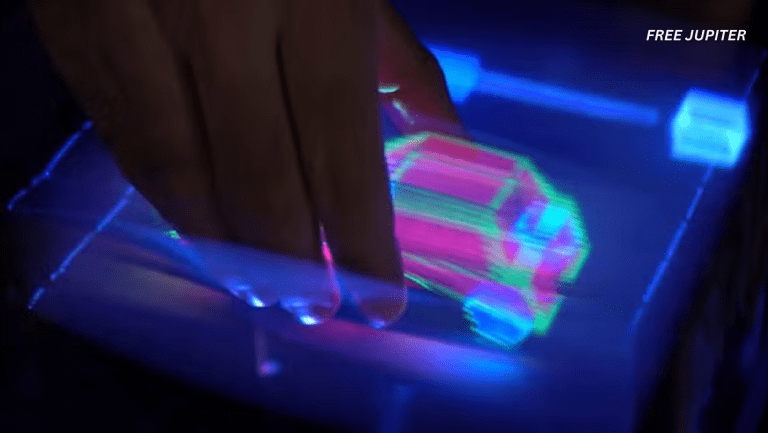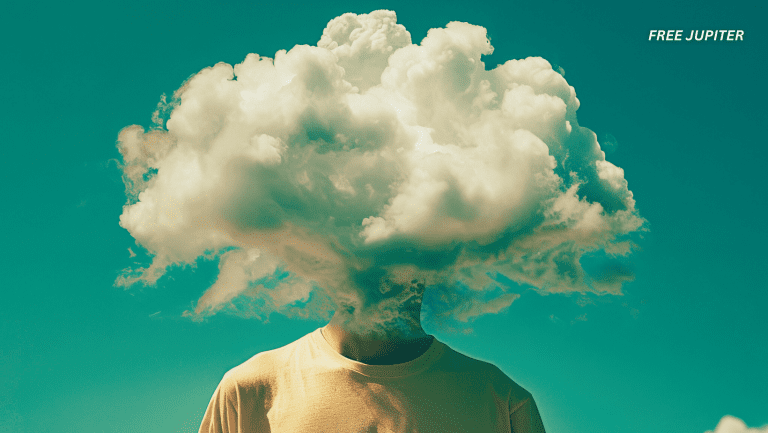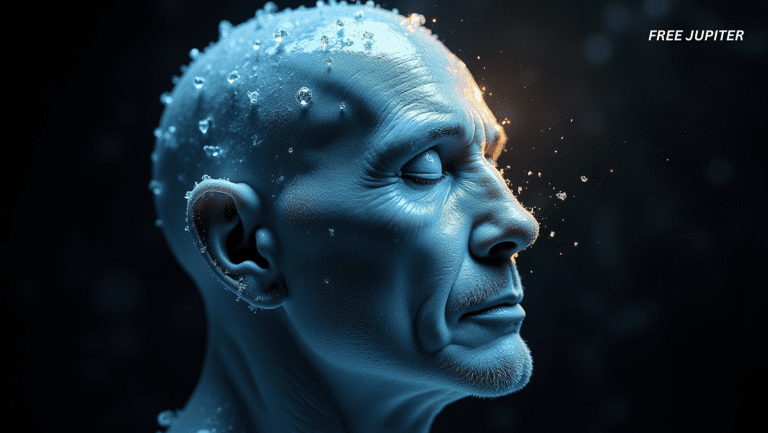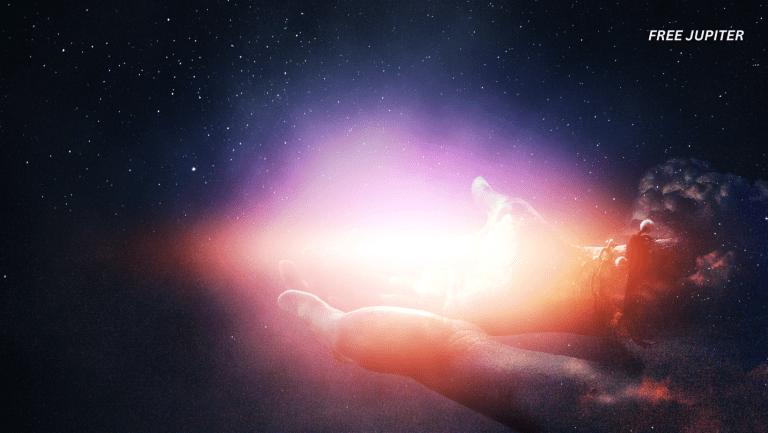The notion that reality might be nothing more than a digital illusion was famously thrust into popular culture by the 1999 sci-fi classic The Matrix. In that film, the protagonist, Thomas Anderson—better known as Neo—awakens to a mind-bending truth: the world around him is not real, but a sophisticated computer-generated simulation. While this concept has often been relegated to the realm of science fiction, it has not been dismissed entirely by the scientific community.
Introducing Dr. Melvin Vopson and His Bold Claim
Among the modern thinkers exploring this theory, Dr. Melvin Vopson stands out. A physicist at the University of Portsmouth, Vopson not only entertains the possibility of a simulated universe—he claims to possess something many lack: evidence. In October, he published both a thought-provoking article on The Conversation and a book titled Reality Reloaded, cleverly referencing the Matrix sequel, to present his case.
At the core of Vopson’s argument lies a fundamental principle of physics—the second law of thermodynamics. This law, which governs the behavior of energy and systems, states that entropy (or disorder) in a closed system can only increase or remain the same; it never decreases. It is a cornerstone of scientific understanding, explaining why systems naturally move from order to disorder over time.
A Surprising Anomaly in Information Systems
As Dr. Melvin Vopson delved deeper into the nature of information and its role in the physical universe, his attention was drawn to a curious inconsistency—one that, on the surface, appeared to challenge the bedrock of classical physics. While the second law of thermodynamics has long dictated that entropy in isolated systems must either remain constant or increase over time, the behavior of information-based systems appeared to defy this fundamental rule.
The second law of thermodynamics, universally accepted as one of the most robust principles in physics, asserts that in any closed system, the level of disorder—or entropy—must naturally rise. This concept explains why energy becomes less useful over time, why systems deteriorate, and why time appears to move in one direction. Essentially, entropy is regarded as a marker of irreversibility. Once disorder is introduced into a system, it cannot spontaneously return to its original ordered state without external intervention.
However, when this lens was applied to information systems—such as digital data, communication networks, and even molecular structures encoding biological information—a different pattern emerged. Instead of experiencing a gradual and inevitable increase in entropy, these systems often maintained a steady state of order. In some cases, entropy even appeared to decrease when the system reached equilibrium.
Read more: Physicist Claims To Have Evidence That We Are All Characters In A Computer Simulation
The Birth of the Second Law of Infodynamics
This new law posits that in systems involving information, a different kind of entropy exists—information entropy—that behaves differently from thermal entropy. Vopson theorizes that while thermodynamic entropy increases, information entropy may decrease to preserve a universal balance. “The universe is known to be expanding without any gain or loss of heat,” he explained. “This suggests a constant entropy overall. But thermodynamics says entropy must increase. Therefore, something else—information entropy—must be balancing it.”
From Physics to Biology: Implications Beyond Atoms
Vopson’s theory doesn’t stop with physics. He argues that the Second Law of Infodynamics has far-reaching implications, extending into fields like cosmology, atomic structure, and even biology. It is in the biological realm that he makes one of his most striking claims: that genetic mutations may not occur randomly, as Darwin proposed, but instead follow a pattern aimed at minimizing information entropy.
Challenging Darwin: A New Take on Genetic Mutation
Darwin’s theory of natural selection maintains that mutations are random events, with advantageous traits being naturally selected. But Vopson believes otherwise. He suggests that these mutations might be driven by a deeper mathematical pattern, one designed to reduce informational chaos. To support this, he turned his focus to the SARS-CoV-2 virus.
Read more: Scientists Warn That AI Systems Have Officially Learned To Lie To Us
The COVID-19 Connection: Mutation Data as Evidence
In an October publication in AIP Advances, Vopson presented an analysis of the COVID-19 virus’s mutations. His findings revealed a “unique correlation between the information content and the behavior of genetic mutations.” This, he argues, is consistent with the idea that nature—perhaps through a simulation—is optimizing and compressing data in real time.
The Universe as a Program: Built for Optimization
This leads to the most groundbreaking suggestion of all: that the universe is optimized like a digital program. Vopson argues that, just like any simulation, our universe would need built-in methods of data compression and optimization to operate efficiently. The patterns observed in biological systems, physics, and mathematics all suggest that such optimization is actively occurring.
“As with any simulation, particularly one as complex as the universe, there would need to be a method for optimizing data and compressing it,” Vopson wrote. “This would be essential for reducing the computational power and storage needed to maintain the simulation.”
A Theory Still Under Scrutiny
Despite the elegance of his ideas, Vopson’s theory remains controversial. As reported by IFLScience, the scientific community is deeply divided. For every study suggesting that reality could be simulated, there are others refuting the idea altogether. Many scientists point out that simulation theory may be inherently unfalsifiable—it cannot be definitively proven or disproven.
A Philosophical Dilemma: Can Reality Ever Be Verified?
This debate has ancient roots. Philosophers such as Plato pondered similar questions millennia ago, long before the digital age. Today’s simulation theory echoes those metaphysical inquiries: if the world is an illusion, how would anyone know? Wouldn’t any evidence simply be part of the illusion itself?
Read more: Scientist Claims To Have Evidence Our Entire Universe Is Trapped Inside a Black Hole
The Search for Truth Through Information
Still, Vopson holds firm in his belief that the Second Law of Infodynamics could unlock new insights into the nature of reality. Even if his hypothesis ultimately proves incorrect, the pursuit itself could uncover unexpected truths. The framing of the universe as an information system invites new ways of thinking about everything—from particle physics to the origins of life.
Conclusion: Simulation or Not, the Journey Continues
Whether humanity is living in a digital simulation or an organic cosmos governed by traditional laws of nature, the quest for understanding continues. The questions raised by Vopson’s work challenge not only scientific conventions but philosophical ones as well. They invite curiosity, skepticism, and a reexamination of what it means to be “real.”
If reality is a simulation, perhaps one day it will be proven. Or perhaps, like Neo in The Matrix, society will simply have to choose whether to accept the illusion or dig deeper in search of truth. Until then, the journey of discovery remains one of the most real things we know.

